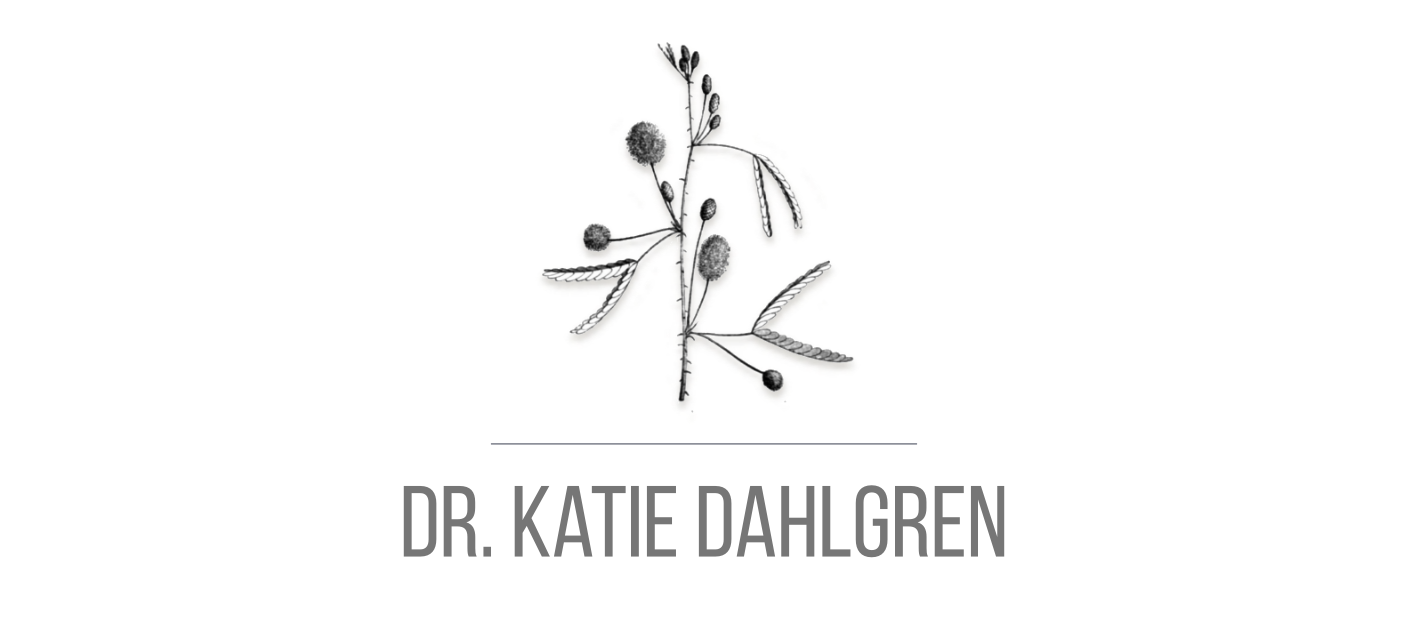Better Health Guy
Episode #8: A Naturopathic Approach to Recovering from Chronic "Dis-Ease" with Dr. Katie Dahlgren, ND
Listen Here.
Key Takeaways
- What holds people back from their optimal health?
- What tools do you like for supporting detoxification?
- How do you evaluate a patient when they walk in your office door?
- How common are parasites and how do you approach them?
- What is the role of viruses in chronic illness?
- How important is exploring GI health and leaky gut?
- What are your favorite tools for supporting the microbiome?
- How important is avoiding EMFs?
- What is the impact of dental issues on health?
- Can stem cells help? When is the right time?
Chronic Lyme Disease Summit
Helping Lyme Through Parasites
Order Here.
Key Takeaways
- The role of parasites when treating Lyme disease and complex chronic illness
- Why testing for parasites is poor
- Top parasite formulas
- Why fat-free could help
Green Mama-to-Be: Creating a Happy, Healthy, and Toxin-Free Pregnancy
Read Here.
Excerpt
"We need to transition from using pharmaceuticals to finding the right balance of flora," she says. Dr. Dahlgren has found success working with the five levels of healing, a concept developed by her mentor, Dr. Dietrich Klinghardt, MD., Ph.D. The five levels, starting at the lowest level and rising, are the physical body, energetic body, mental body, dream body, and spirit body. We aren't just physical beings," she says. If there is a significant trauma in the family, it can affect epigenetics. An example would be studies that show that people who suffered through famine as children have grandchildren with a higher propensity toward certain diseases. "It isn't enough to just look at toxicity or nutrition. You must look at the entire person as a whole." Work on one level -- say, the mental body -- can penetrate down to help heal things on the level of the energetic body and the physical body. "You have to look at those lower levels... think of it as the soil off the plant. You can't start pruning the higher levels when the roots are dying." To truly treat people, the practitioner must "address the person in every way they are relating to be a human being."



